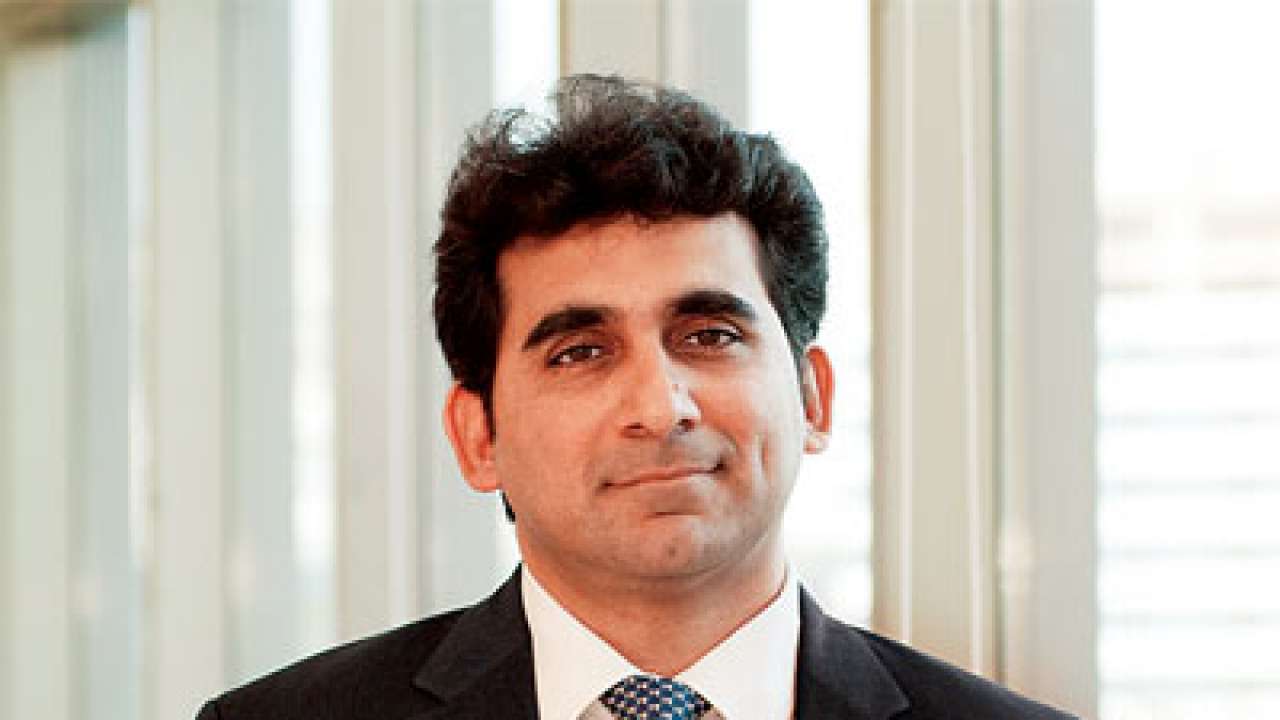
After India's historic election result two months ago, there was an expectation in some quarters that the new government — impatient to revive growth and emboldened by its absolute majority — would unleash a raft of announcements in the first few weeks. Some market participants expected an announcement-a-day to jumpstart growth. To its enormous credit, the new government has avoided such a cavalier approach. Instead, it has begun its term with a seriousness and sobriety that reflects the structural constraints impinging growth and that hard-earned gains on the macro stability front should not be squandered away. So railway tariffs were hiked (though then partially rolled back), the fight against food inflation has just commenced (though there is a mountain to climb on that front) and the rail budget abandoned populism to focus on consolidation, projection completion, and market-linked pricing.
To its credit, this same seriousness and sobriety comes through in the economic survey which is balanced, responsible and realistic, and provides a credible roadmap for the way forward. There are two essential motifs that run through the survey and both are equally crucial. Instead of cheer-leading the need for jumpstarting growth, the survey correctly emphasises the need to first sustain macroeconomic stability through responsible fiscal and monetary policy. There is a repeated emphasis on the need for continued fiscal consolidation — both to tame inflation pressures and free up resources for the public sector — how to do so in a "high quality way", and the need for another Fiscal Responsibility and Budget Management (FRBM) Act that ties the government's fiscal hands, but one with some teeth!
The hope is that this motif carries through into today's Union budget. If the government were to relax the interim budget target towards 4.5 % of GDP (which would effectively constitute an easing of fiscal policy if revenues are dependent on a large asset-sale component) it is essential that the government lays out a clear medium-term fiscal target and, more importantly, a credible path towards tax and expenditure reform to get there. Simply underscoring the need for a goods and services tax (GST) or subsidy rationalisation in the next two years is motherhood and apple-pie. Who can ever oppose that? What's needed from the finance minister is how he plans to achieve these objectives. What principles will he adopt? How does he plan to get states to agree? The more specifics, the more credibility.
To its credit, the Economic Survey adopts a very mature and modern attitude towards combating inflation, arguing that containing inflation and inflation expectations is critical to sustaining macro stability. The survey argues for a formal monetary policy framework in which the central bank is given an objective (headline CPI) and the operational autonomy to pursue it. This is critical for mitigating expectations and the spillovers from food to non-food inflation.
Between the FRBM Act and a formal monetary policy framework, what the survey is actually arguing for are more credible rules – rather than discretion – in policymaking that reduces investment and macroeconomic uncertainty and thereby attracts foreign investment. Policy in India has to become more institutionalised – driven more by transparent processes than personalities.
The second theme that runs through the survey is an "economic rebalancing" – moving from demand to supply, from consumption to investment. So the Survey argues for streamlining supply across multiple sectors. Reforming the food markets is (correctly) identified as a key priority. Unlike other producers, farmers face significant constraints in buying, selling and storing their produce. We need a competitive, national market for food, to promote the transmission of price signals from consumers to producers and thereby encourage a supply responsible. Similarly, if ever there was an economic truism in economics, it is that India's unreformed factor markets are constraining potential growth. So the Survey argues for reforming labour laws and land reforms that facilitate clear land titles, land acquisition and changing land use. Equally, important is streamlining the interface between the public and private sector. Doing business on the ground was never easy in India. In recent years it has become virtually impossible and the survey correctly argues for policies that make it easier and less costly for firms to do business and create jobs – for an increasingly young economy.
This is a serious, sober, balanced and credible economic survey. It provides an excellent roadmap for policy in coming years. But the proof of the pudding is in the eating. The true test will now be: how many of these motifs make it into the budget speech.
Sajjid Chinoy is Chief India Economist at JP Morgan